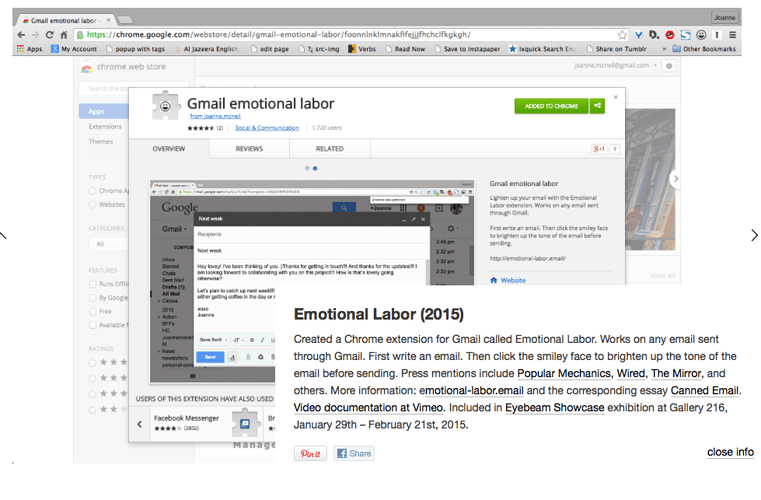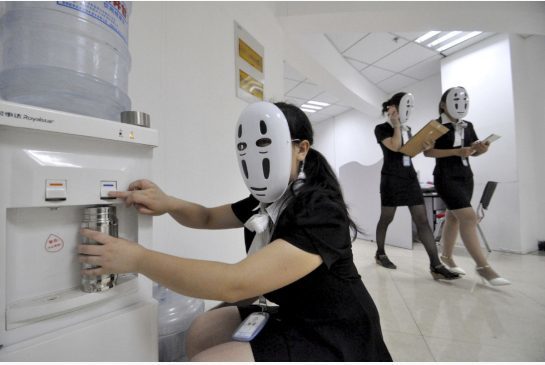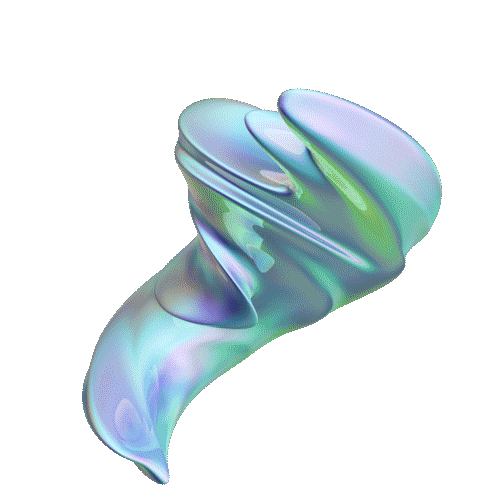Please join e-flux conversations for coverage of Superconversations: Machines That Matter, a symposium co-organized by e-flux and The New Centre for Research & Practice occurring Friday, December 11, 6–9pm
and Saturday, December 12, 3–7pm. A live stream will be posted prior to the event.
Superconversations: Machines that Matter brings together a range of thinkers and artists concerned with the intersection of technology and immanence, questioning the logic of vitalism while developing that of mechanism. The symposium builds upon several themes from e-flux’s Supercommunity / Superconversations project for the 56th Venice Biennale and forms the final installment of The New Centre’s Symposia 2015, a planetary series of in-person and simulcast video conversations that began in Graz and Melbourne in July and August.
The New Art panel concerns the status of art in the era of computation. If aesthetics has historically been defined in terms of the binary of techne and poiesis, what might a machinic art that takes the third step of deploying poises through techne look like? The implications of such a rethinking will address the extension and revision of the human via modes of virtuality as a form of collective imagination. The panel seeks a synthesis of prior theories of the relationship between art and technology, paving the way for new interventions.
The Science Fiction panel concerns the question of transgalactic emancipation as presented in the form and content of science fiction film, literature, and music. It examines collectivity in the era of interplanetary computation, departing from prior pieties of terrestriality and embodiment, with broad implications for the inhuman whole. Rather than beginning from the ubiquity of life, the panel focuses on science fiction that begins from the ubiquity of machines, heralding new possibilities for collective transformation that are irreducible to the social yet inseparable from the political.
The Computation panel concerns pan-computationalism, according to which, “if the laws of the universe can be reduced to binary code, there might be no actual difference between the universe and the computer,” and critical computationalism, in which intelligent machines are descendants of the long trajectory of inhuman prostheses which revise and extend the human beyond its biophenomenological substrate. Examining the emergence of artificial intelligence, the panel engages the process through which multiple, overlapping measurements result in ever more robust virtualizations.
 SCHEDULE
SCHEDULE
Friday, December 11, 6–9pm
6pm: New Art panel (https://youtu.be/axyzAMtgHYs)
Maria Lind (via Skype), Olivia Leiter, Aaron Gemmill, Gregory Sholette, and Ana Teixeira Pinto (via Skype), moderated by Mohammad Salemy
8:30pm: Film screening
A Museum of Immortality, a collaboration between Anton Vidokle and Oleksiy Radynski
Saturday, December 12, 3–7pm
3pm: Science Fiction panel (https://youtu.be/PtaaJJd9Fb4)
Renata Morais (via Skype), Ben Woodard, Ed Keller, McKenzie Wark, and Mark Dery, moderated by Jason Adams
5pm: Film screening
Julieta Aranda, Stealing one’s own corpse (An alternative set of footholds for an ascent into the dark), 2014
5:30pm: Computation panel (https://youtu.be/NZLdj1HWt9E)
Antonia Majaca, Ekaterina Zavyalova, Tai’ Smith (via Skype), Troy Therrein, and Reza Negarestani, moderated by Tony Yanick
For more information, contact program@e-flux.com.
http://www.e-flux.com/program/superconversations-machines-that-matter/

 LIVESTREAM AVAILABLE HERE:
LIVESTREAM AVAILABLE HERE: 

 )!
)!





 Ana Teixeira Pinto talked of Steyerl’s Liquidity Inc and the artist’s broader questioning (beyond this work) if the mechanisms that allow for cultural representation in the digital sphere actually inverse forms of political representation, a shinny liquid blob seems adequate in that respect as well.
Ana Teixeira Pinto talked of Steyerl’s Liquidity Inc and the artist’s broader questioning (beyond this work) if the mechanisms that allow for cultural representation in the digital sphere actually inverse forms of political representation, a shinny liquid blob seems adequate in that respect as well.